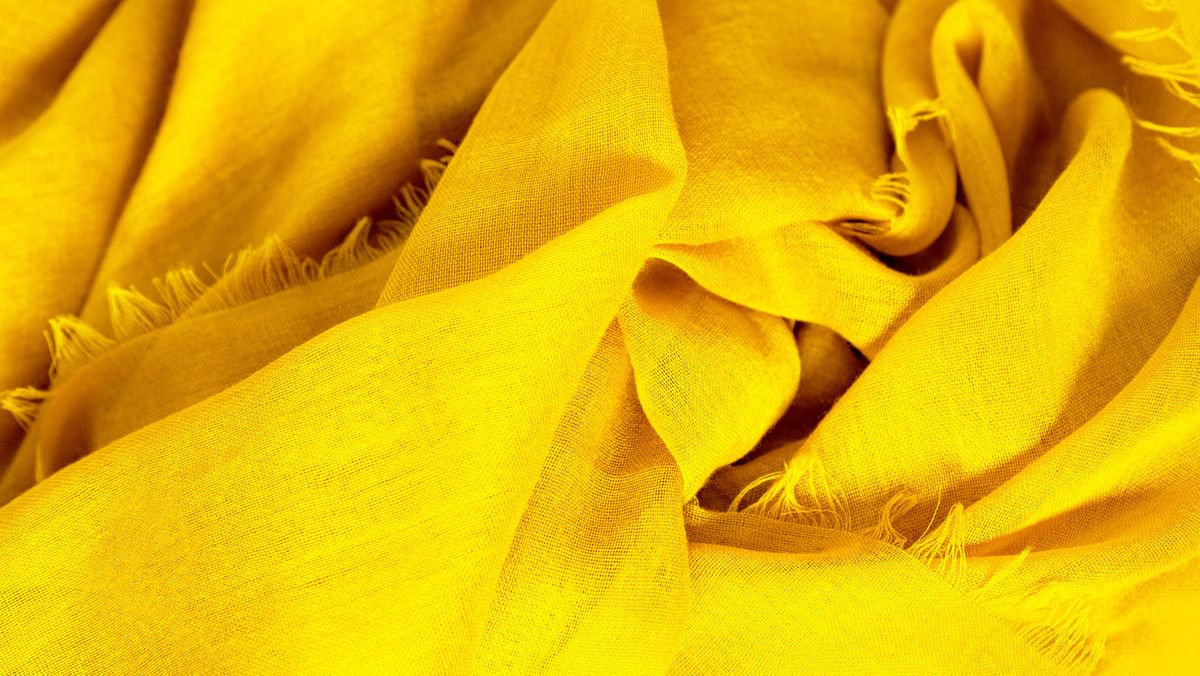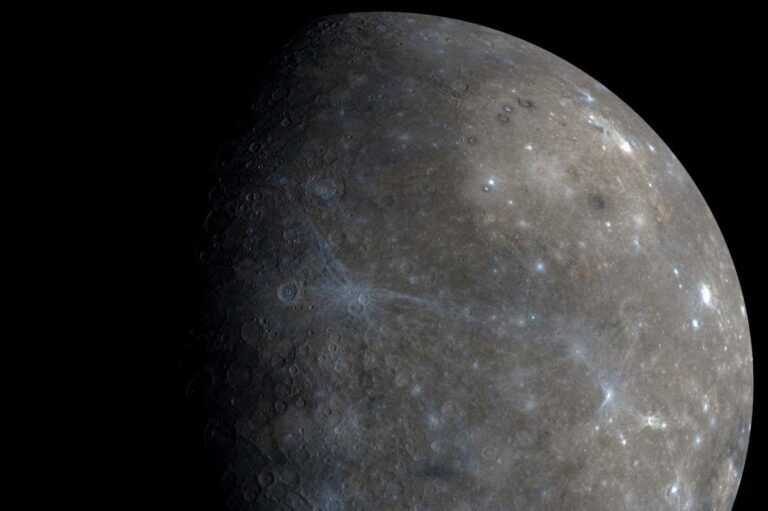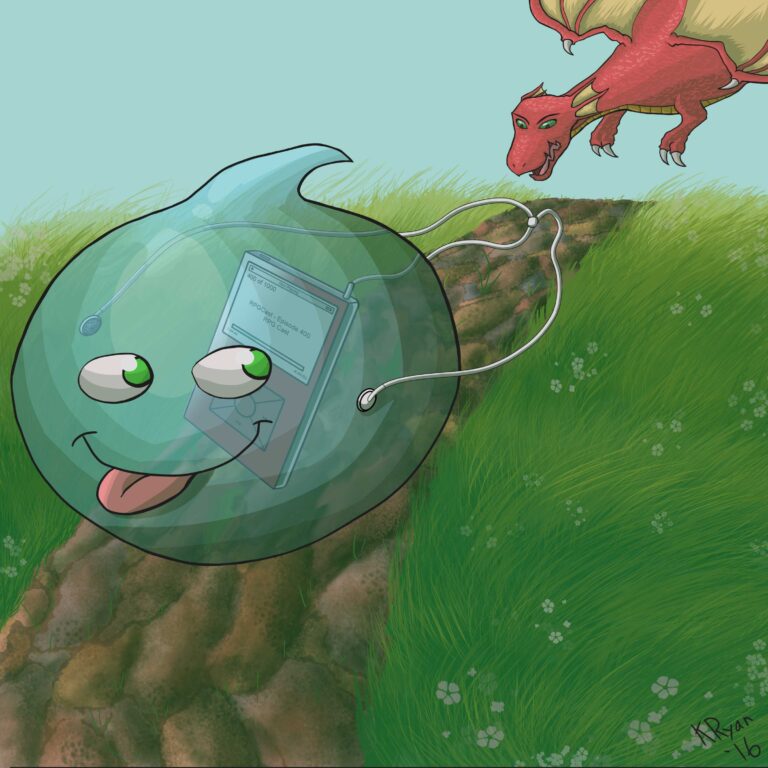Viscose can absolutely be a sustainable fabric. Experts in the textile industry emphasize the importance of responsible viscose production to mitigate environmental impact. Fashion sustainability advocates have highlighted the potential of bamboo viscose when produced with environmentally friendly methods.
Still, critics rightly assert that despite its renewable origins, the chemical-intensive process of making viscose poses significant ecological challenges.
In other words, viscose isn’t perfect — but it’s a step in the right right direction. Some types of viscose are better than others too. Bamboo viscose is especially known for its eco-friendly appeal. This type of viscose retains the softness and breathability of traditional viscose but with an added emphasis on sustainability, due to how bamboo’s speedy growth and innate renewability.
Obviously, it’s crucial to verify that the manufacturing process adheres to environmental standards to ensure true sustainability.
Given its unique blend of natural and synthetic qualities, remains a versatile and popular fabric choice and a far more sustainable alternative to polyester or cotton. Whether you’re drawn to its silk-like feel, its sustainability potential, or its wide range of applications, there’s no doubt it can help your body — and the planet — breathe a little easier.
#Viscose #Versatile #Fabric #Sustainable #Potential





















+ There are no comments
Add yours